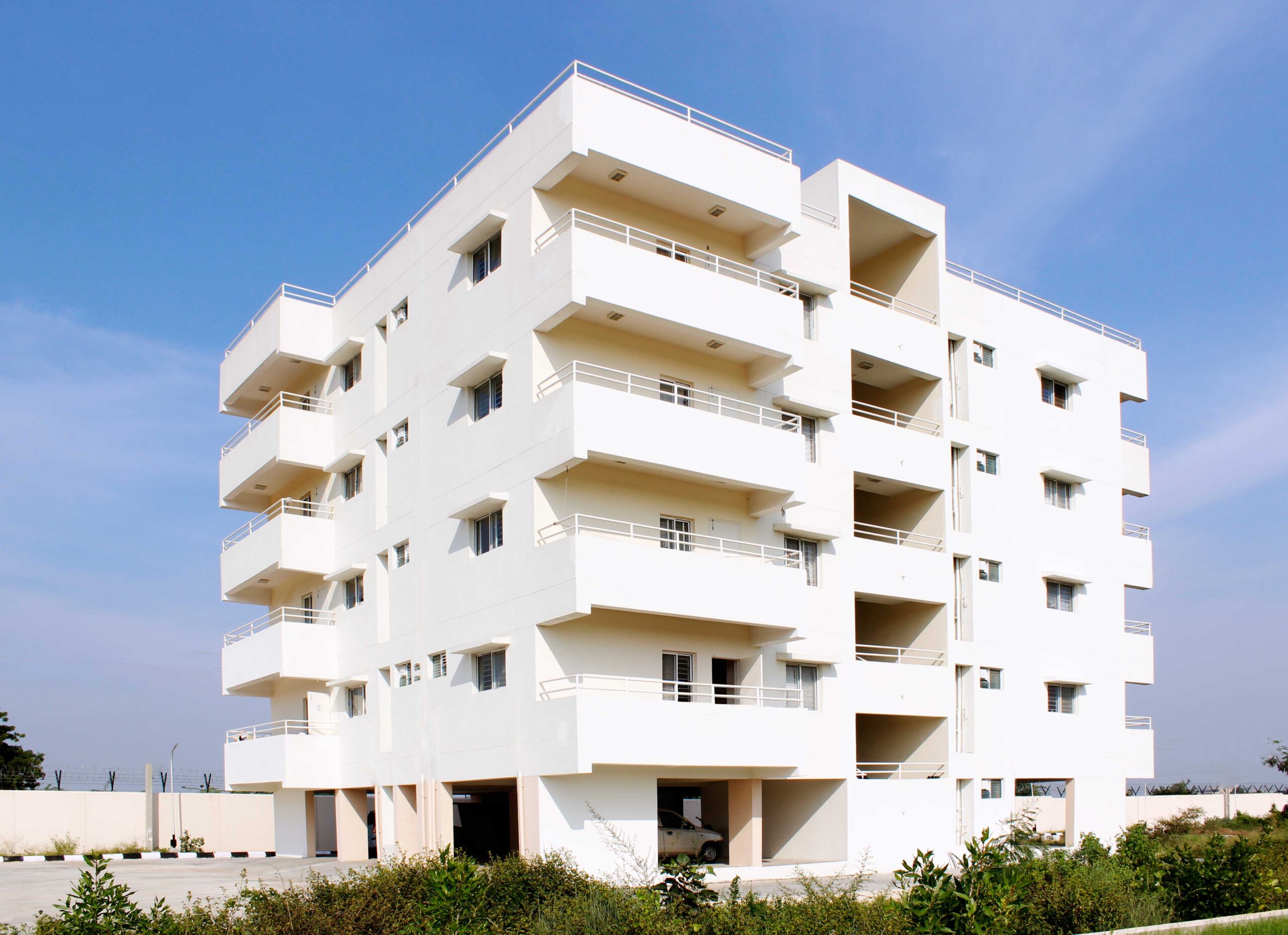
Instrumentation controls in architecture represent the integration of sophisticated technological systems to enhance the functionality, efficiency, and sustainability of built environments. These controls encompass a range of smart technologies that regulate and monitor various building components, such as lighting, heating, ventilation, and security. Architects incorporate advanced instrumentation controls to create responsive and adaptable spaces that cater to the evolving needs of occupants while optimizing energy consumption.
Smart building management systems enable real-time adjustments, fostering an environment where environmental impact is minimized without compromising user comfort. From automated lighting schemes that respond to natural light levels to climate control systems that adapt to occupancy patterns, instrumentation controls play a pivotal role in creating intelligent, user-centric architectural designs. In the contemporary architectural landscape, the seamless integration of instrumentation controls not only exemplifies technological innovation but also reflects a commitment to creating sustainable, responsive, and future-ready built environments.

Murty & Manyam Architects & Engineers, 859, Banjara Avenue, (6-3-597/a/12/a/6b), Behind Care Hospitals , Banjara Hills, Hyderabad,Telangana 500004
Phone : 040-23301138, 23318020
info@murtymanyam.com
murtyandmanyam@gmail.com